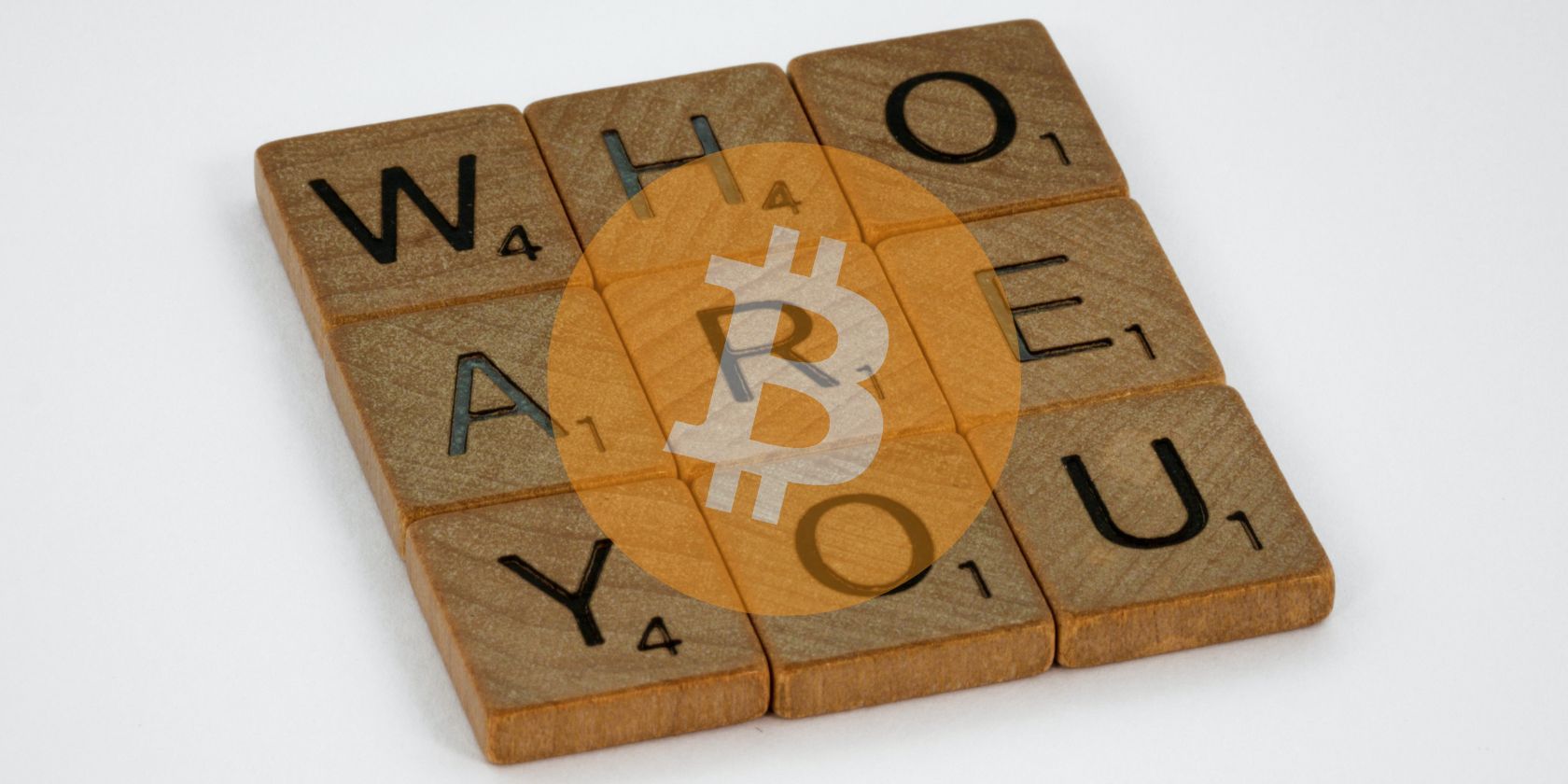
If you want to trade cryptocurrency, you’ll need at least one wallet address. These addresses are used to give each crypto user a unique identifier. But can your true identity be uncovered through this data? Can a cybercriminal hack you using your wallet address?
What Is a Crypto Wallet Address?
Whenever you sign up for a crypto wallet—hardware, software, custodial, or non-custodial—you will immediately be provided with a wallet address.
You can think of crypto wallet addresses as similar to payment card numbers, in that they are unique strings of information used to identify a specific crypto trader, be it a sender or a recipient.
Crypto wallet addresses are completely random in generation (unless you are using a crypto vanity address), but no one crypto trader ever has the same address as another.
Your crypto wallet address is also known as your public key, and is generated from your private key, which is used to authorize transactions.
A typical crypto wallet address will look something like this: 4DZpldiB34afdq5BjdwT9ayHyLJnkMbKevc8. So, as you can see, there is no plain personal information displayed in a wallet address. But is there a way that your identity can be uncovered via your crypto address?
Can Your Name Be Found via Your Crypto Address?
While it isn’t easy to link your name to your crypto address, this can be done. Crypto blockchains publicly display the crypto addresses associated with its native token’s transactions. For example, every single transaction conducted using Bitcoin is publicly viewable on the Bitcoin blockchain.
If a malicious actor is looking to uncover the activity of a particular wallet owner, they can use any blockchain explorer (such as Etherscan) to see all the transactions a given address has ever been involved in.
Because your crypto address essentially acts as your pseudonym, it is technically possible for your address to be traced back to your name. This isn’t particularly common, but is technically doable. For example, an individual could monitor your transactions to and from other addresses to determine who you are. Again, this isn’t easy, but is possible.
In any case, your crypto activity can always be tracked by anyone who wishes to. This is what makes crypto dealings transparent, but also publicizes all your transactions. Because of this, most crypto wallet addresses are considered to be pseudonymous, not anonymous.
You can also increase the chance of your identity being found via your crypto address. For instance, if you use crypto to pay for goods and services online, trade crypto without using a VPN, or trade crypto in exchange for traditional currency, you may be exposing yourself further and so losing your privacy.
Never associate your name with your crypto address online if you want to stay anonymous. For instance, tweeting your Bitcoin address on a Twitter account that is attached to your name may pose a privacy risk. While crypto cannot be directly stolen by publicizing your wallet address, tying it to your name will remove your anonymity as a crypto trader using that specific wallet.
There are privacy-focused cryptos out there, such as Monero and ZCash, that are designed to keep users anonymous. But on the whole, most cryptocurrencies do not prioritize total anonymity. Alternatively, crypto mixers can also be used to obscure your address. Mixers blend the transactions of multiple users to make tracing your crypto activity more difficult. But, though useful, mixers will not ensure your anonymity either.
Cryptocurrency Usually Isn’t Totally Anonymous
The transparency of the crypto realm is often a good thing, but it’s always worth noting that your transactions will almost never be untraceable due to blockchain explorers, and there is a chance of your identity being uncovered through your wallet address. Consider using privacy coins to maintain your anonymity when dealing with crypto.
